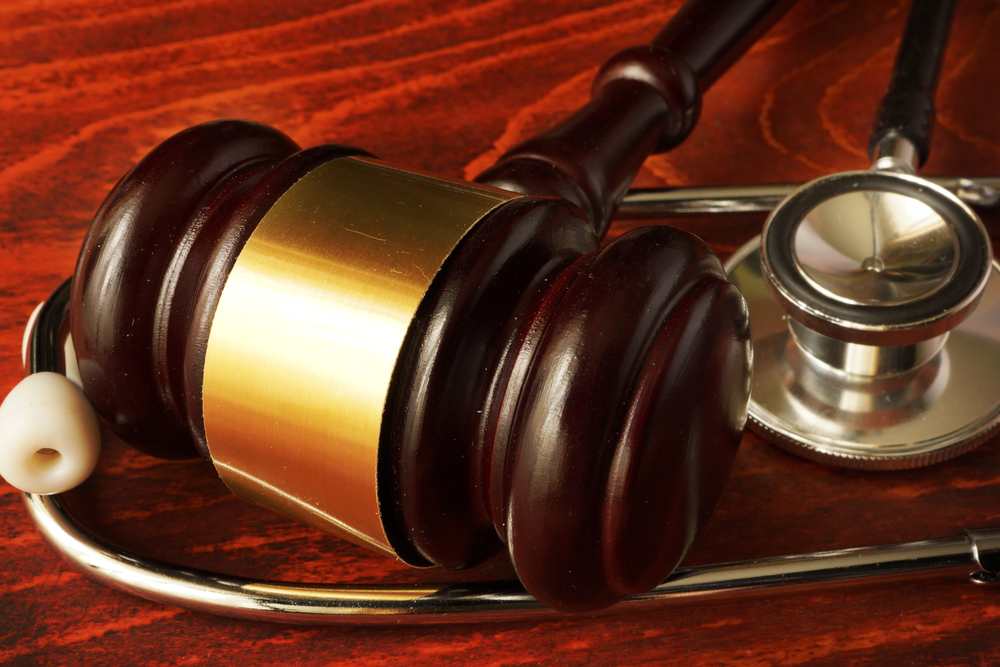Accident Lawyer
As explained by an experienced accident lawyer, there are two common hearsay exceptions that allow for an out-of-court statement used for the truth to be admitted are presence, sense impression and excited utterances. Both of these hearsay exceptions have the capability to be admitted as an out-of-court statement both if the declarant is available or unavailable as a witness. Federal Rules of Evidence 803(1) and 803(2) govern presence sense impression and excited utterances. The rule reads as follows: “The following are not excluded by the rule against hearsay, regardless of whether the declarant is available as a witness: (1) Presence Sense Impression. A statement describing or explaining an even or condition, made while or immediately after the declarant perceived it; (2) Excited Utterances. A statement relating to a startling event or condition, made while the declarant was under the stress or excitement that it caused.”
These allow different avenues for out-of-court statements used for the truth of the matter asserted to be admitted into evidence. Present sense impressions can be admitted if the statement is being described or explained while or immediately after the declarant perceived it. This time limit is more objective than subjective, as if the statement was not during or immediately after, it will not be admitted to evidence. These statements describe a contemporaneous event, applying to descriptions or explanations of an event and not to more complex analysis or interpretations. Essentially, the time lapse must be short enough where the speaker cannot lie, increasing its reliability.
Excited utterances, on the other hand, relate to a starting evident in which the declarant was excited or stressed. The response would have to be spontaneous, and rather than the presence sense impression’s notion of an objective view, excited utterances are subjective. Additionally, it does not need to be limited to immediately after the event, just when the declarant was in an excited state.
Thanks to Eglet Adams, for their insight on presence sense impressions and excited utterances and their admissibility as evidence.
